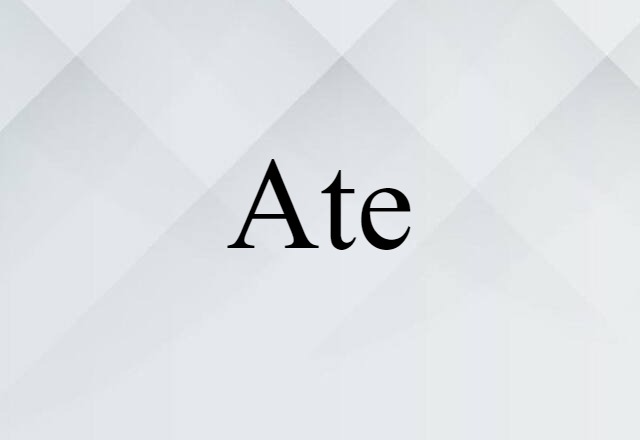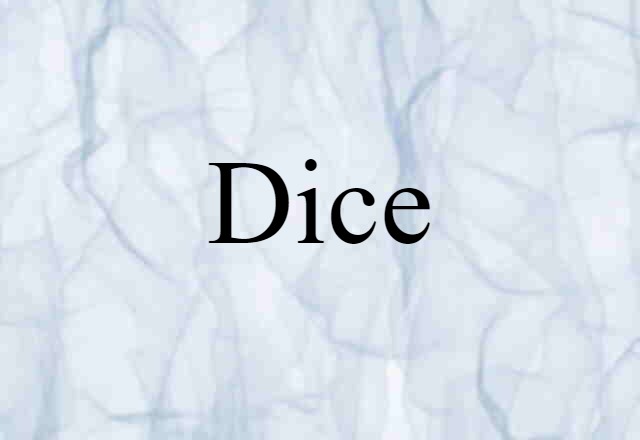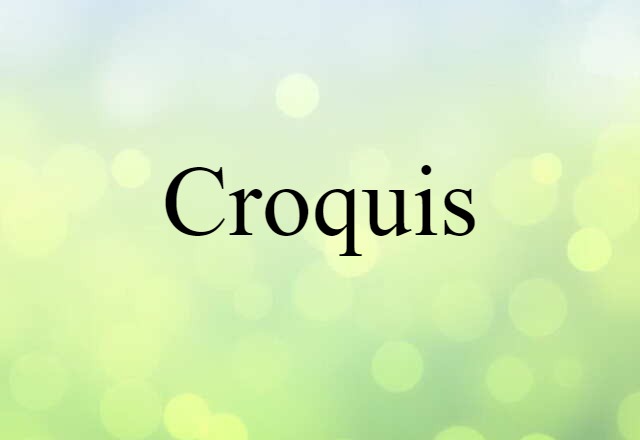- simple past tense of eat.
- an ancient Greek goddess personifying the fatal blindness or recklessness that produces crime and the divine punishment that follows it.
- equipment that makes a series of tests automatically.
- a suffix occurring in loanwords from Latin, its English distribution paralleling that of Latin. The form originated as a suffix added to a-stem verbs to form adjectives (separate). The resulting form could also be used independently as a noun (advocate) and came to be used as a stem on which a verb could be formed (separate; advocate; agitate). In English the use as a verbal suffix has been extended to stems of non-Latin origin: calibrate; acierate.
- a specialization of -ate1, used to indicate a salt of an acid ending in -ic, added to a form of the stem of the element or group: nitrate; sulfate.
- a suffix occurring originally in nouns borrowed from Latin, and in English coinages from Latin bases, that denote offices or functions (consulate; triumvirate; pontificate), as well as institutions or collective bodies (electorate; senate); sometimes extended to denote a person who exercises such a function (magistrate; potentate), an associated place (consulate), or a period of office or rule (protectorate). Joined to stems of any origin, ate3 signifies the office, term of office, or territory of a ruler or official (caliphate; khanate; shogunate).
- the past tense of eat
- a goddess who makes men blind so that they will blunder into guilty acts
- possessing; having the appearance or characteristics of
- a chemical compound, esp a salt or ester of an acid
- the product of a process
- forming verbs from nouns and adjectives
- denoting office, rank, or a group having a certain function
















